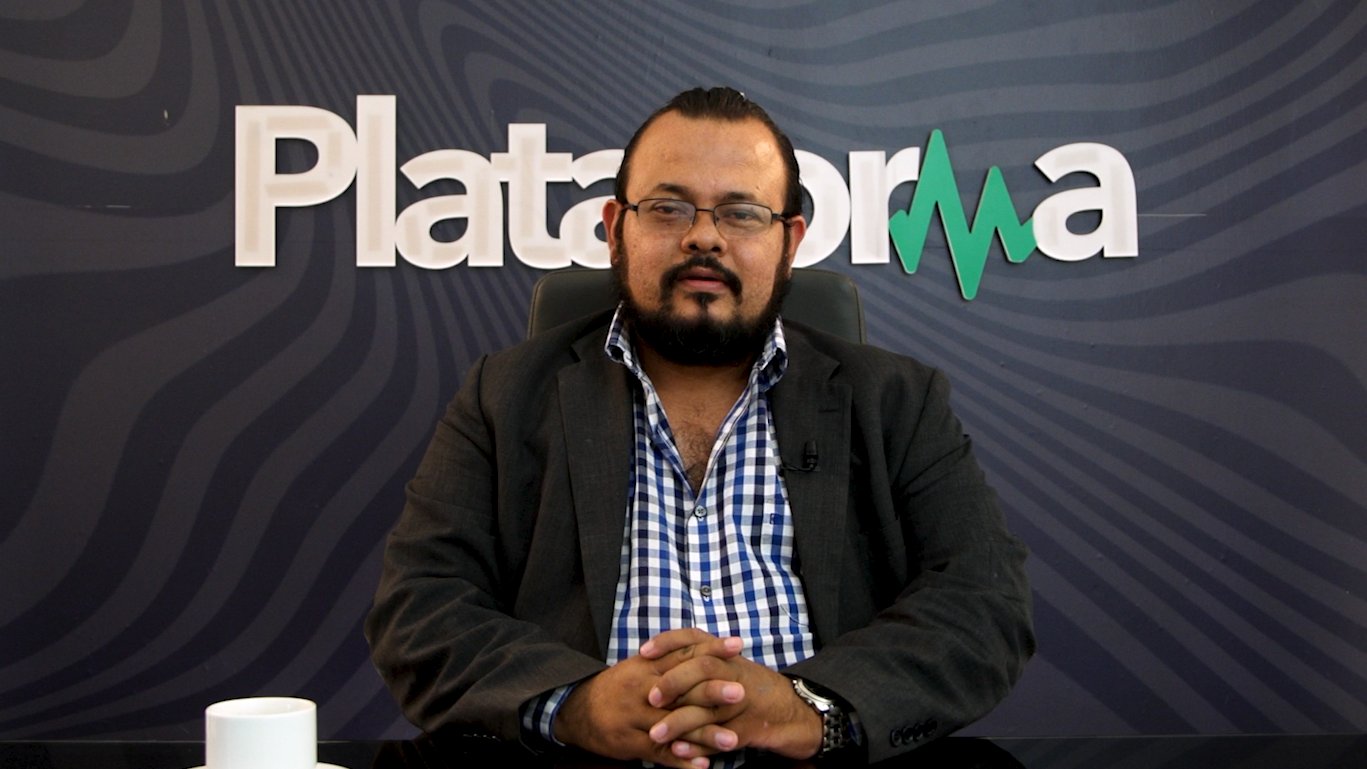This Tuesday on the Plataforma program, the sociologist Walter Fagoaga continued talking about the different political regimes in El Salvador, and the importance of knowing the history to understand the construction of the State.
In this context, he recapitulated that in 1960, when Colonel José María Lemus was overthrown from the presidency of El Salvador, the PCN party arose, which advocated the rupture of the military regime.
Subsequently, the country transitioned between consensus and conflict, and it was when both were exhausted that violence began, giving rise to civil war. Fagoaga pointed out that in terms of institutionality, the guarantee of justice was lacking, the issue of human rights and the electoral system capable of dealing with the issue of power.
Subsequently, on January 16, 1992, the peace agreements were signed and a truth commission was created to investigate war crimes, public security forces such as the national guard and the national police and treasury police were dissolved, detailed the sociologist.
Finally, Fagoaga pointed out that despite the fact that the country has gone through different stages, the task has not been easy, since the transition from authoritarianism to democracy was not fully deepened.
“The political issue in its construction of a different society is undoubtedly an elemental challenge”stressed the sociologist.
